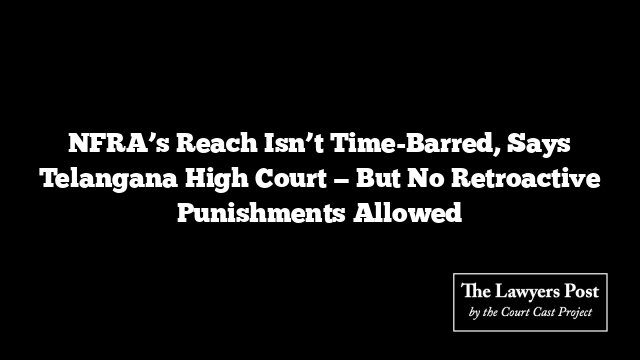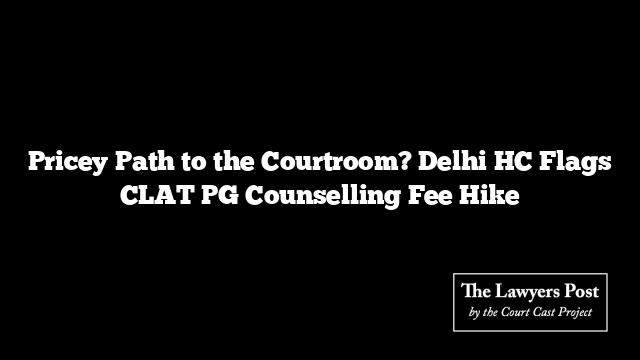In a ruling that could ripple across the auditing landscape, the Telangana High Court has held that the National Financial Reporting Authority (NFRA) is not bound by the calendar when it comes to investigating audits—it can probe actions that took place even before it came into existence in 2018.
However, there’s a catch. While NFRA can knock on the doors of chartered accountants over their past conduct, it can’t swing a heavier punishment stick retroactively. In other words, disciplinary action is fair game, but penalties introduced post-2018 can’t be backdated.
The verdict came after a set of writ petitions challenged the very jurisdiction of NFRA to issue show-cause notices for financial years that predate October 1, 2018. The petitioners leaned heavily on Section 132 of the Companies Act, 2013, and Article 20(1) of the Constitution, which bars retrospective penal action.
Justice CV Bhaskar Reddy wasn’t convinced. He agreed that enhanced punishments could not be applied retroactively but firmly upheld NFRA’s right to initiate disciplinary proceedings for historical audits. “Issuance of show-cause notices is not, by itself, a final act of punishment,” he noted, effectively allowing the regulator to open the gate without stepping through it just yet.
The Court also leaned on precedents—particularly a National Company Law Appellate Tribunal decision already blessing NFRA’s backward glance, a stance that had been left untouched by the Supreme Court earlier this year.
The ruling draws a line in the sand: accountability doesn’t vanish with the turn of a calendar page, but fairness demands that punishment stays locked to the rules of the past.





